By Yuherina Gusman, Head of the Task Force for the Prevention and Handling of Sexual Violence (Satgas PPKS)
Al-Azhar University Indonesia
On Thursday, September 5, 2024, the Indonesian Taiwan Alumni Network, Taipei Economic and Trade Office in Jakarta (TETO), and the Center for Business and Diplomatic Studies (CBDS) – Bina Nusantara University (Binus) hosted a discussion titled “Flashpoint Formosa: Navigating the Ripple Effects of Cross-Strait Tensions on Southeast Asia’s Security, Technology, and Agriculture”. This discussion was attended by Indonesian Alumni Studying in Taiwan and invited guests from the Habibie Center and Binus. Steve Chen as the Deputy Representative of the Taipei Economic and Trade Office in Indonesia opened the discussion.
On this occasion, Steve Chen stated that Indonesia and Taiwan have had extensive cooperation, particularly in the domains of education, employment, agriculture, and technology. Steve Chen emphasized that Taiwan is one of the world’s most successful chip producers. Taiwan is important to the world since it produces 90% of the world’s chips. If China invades Taiwan, the worldwide impact is expected to exceed $10 trillion USD, or almost 10% of global GDP. This will undoubtedly result in massive economic losses. Furthermore, TETO Director, William W.L Hsu, stated that among the various cooperations created between Indonesia and Taiwan, 28 have an MOU (memorandum of understanding) at the g to g (government to government) level. It is expected that this MoU will promote collaboration between Indonesia and Taiwan.
This discussion features DR. Teuku Rezasyah, a lecturer at Padjadjaran University in Bandung; DR. Erry Dwi Kurniawan, a researcher at BRIN (National Research and Innovation Agency) and a Taiwan alumnus; and Effendi Andoko, Secretary General of HKTI (Indonesian Farmers Association), another Taiwan alumnus. DR. Teuku Rezasyah began the conversation by addressing the implications of cross-strait ties for ASEAN, particularly Indonesia. DR. Teuku Rezasyah emphasizes the fact that Taiwan is a country with a large number of Indonesian citizens. More than 300,000 Indonesian live in Taiwan, either as students or migrant workers. If cross-strait relations deteriorate, their presence will undoubtedly have an impact on the Indonesian country. DR. Teuku Rezasyah stressed the need for China and Taiwan to engage in peaceful discourse to resolve cross-strait relations challenges.
Also Read: The Forty-Four-Days of Glory: Azerbaijan’s Struggle for Justice and Peace
Furthermore, DR. Teuku Rezasyah believes that ASEAN nations such as Indonesia, Vietnam, and Thailand, which are the major providers of migrant workers, should enter into a joint MOU with Taiwan to determine worker qualifications and standards. This is important, because the dependence on labor between Taiwan and ASEAN will continue to increase every year.
Erry Dwi Kurniawan of BRIN addressed the cross-strait relationship issue from a technological standpoint. Taiwan inevitably has a central and strategic position in the technological war between China and the United States. Taiwan’s position as the world’s top chip maker is highly valued in the global semiconductor value chain. Indonesia is currently expanding its semiconductor sector and requires significant cooperation from a variety of sources, including Taiwan. The primary focus is on human resource development since Indonesia is still lagging behind other ASEAN countries. Engineers are projected to number 5,300 per million people in Indonesia, 9,000 in Vietnam, and 12,000 in Malaysia.
In the agricultural sector, cooperation between Indonesia and Taiwan has been established since 46 years ago. This was expressed by Effendi Andoko, the HKTI Secretary General. His experience studying and teaching in Taiwan revealed numerous technological advancements in the agricultural industry that Indonesia can implement. One of these is a drone capable of detecting diseased oil palm trees across millions of hectares of land. Technology that does not yet exist in Indonesia would undoubtedly benefit oil palm farmers.
Furthermore, the potential for cooperation between Indonesia and Taiwan extends beyond technology transfer to include export-import cooperation, which benefits both parties. William W.L. Hsu added that cooperation is not only in the fields of technology, employment and agriculture. There are many potential cooperations that are expected in addition to strengthening relations between Indonesia and Taiwan but also opening thousands or even millions of jobs in Indonesia.
Also Read: Palestine Solidarity Month: A Collective Movement for Al-Aqsa and Palestine’s Freedom
The discussion end with a question-and-answer session and appreciation from the attendees for holding this meeting. It is hoped that in the future, more similar discussions will take place, opening up new chances for cooperation between Indonesia and Taiwan while also maximizing the potential of Indonesian graduates from Taiwan. It is intended that the 28 MOUs that have been agreed upon would be enhanced through more tangible follow-up measures, in addition to facilitating discussion and development of the Indonesian Taiwan alumni network. (T/RE1/P2)
Mi’raj News Agency (MINA)
Also Read: Hassan al-Turabi: A Controversial Thinker from Sudan






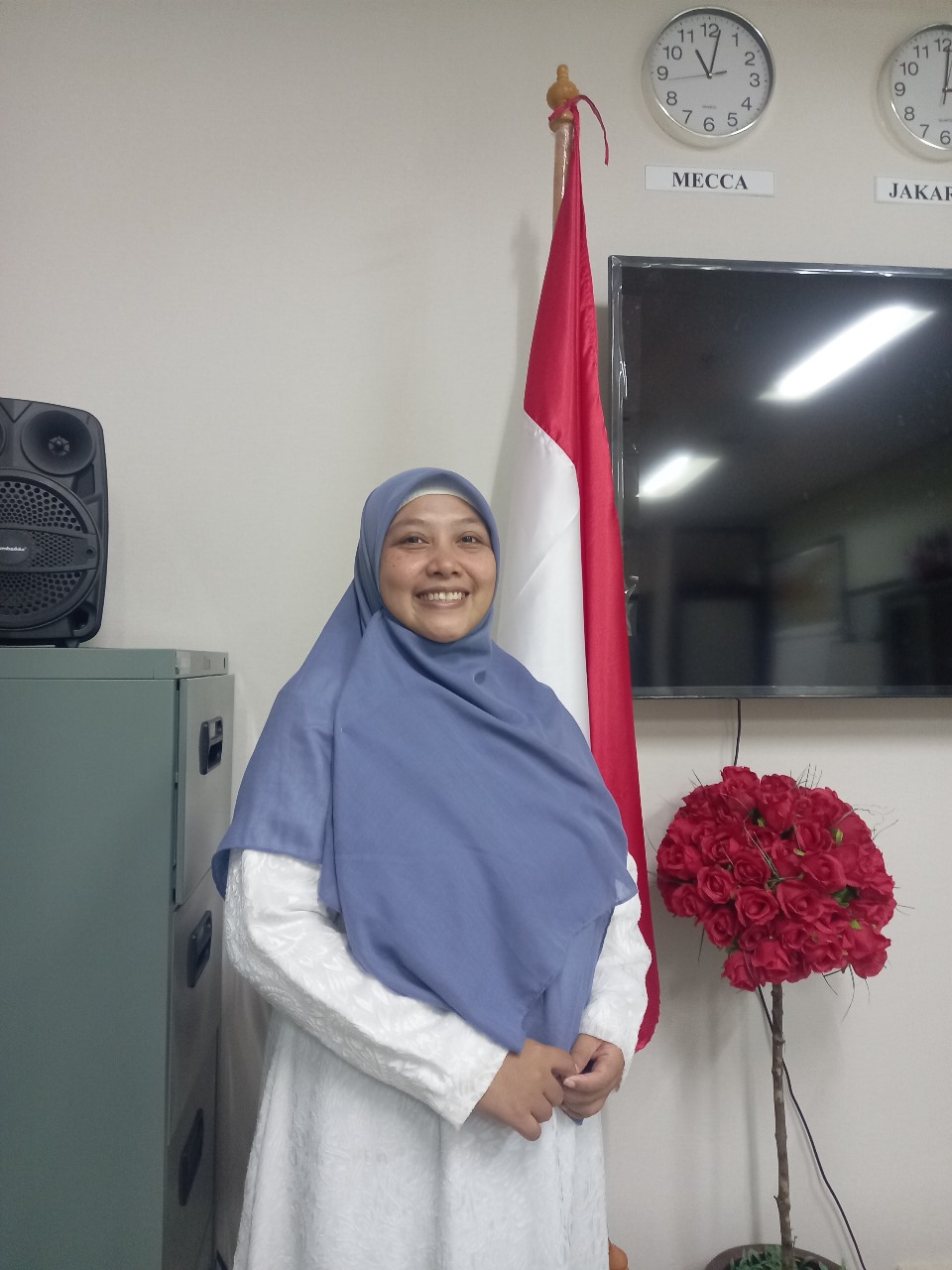




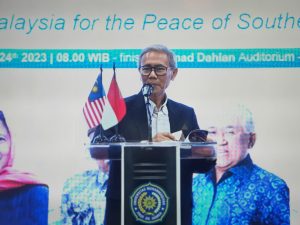
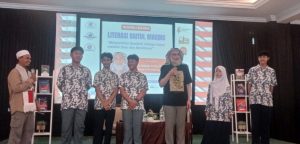

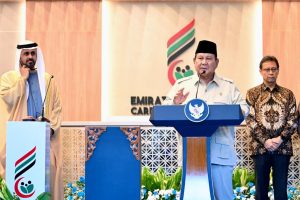



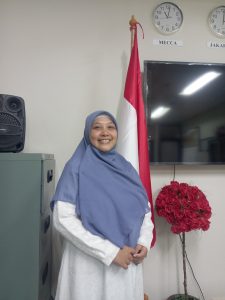
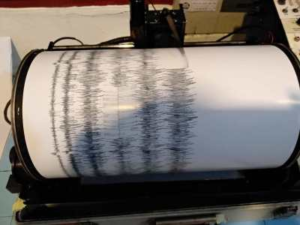
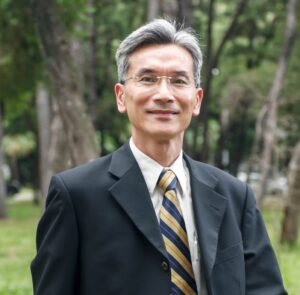
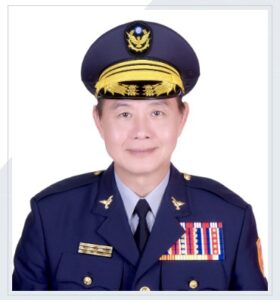













 Mina Indonesia
Mina Indonesia Mina Arabic
Mina Arabic